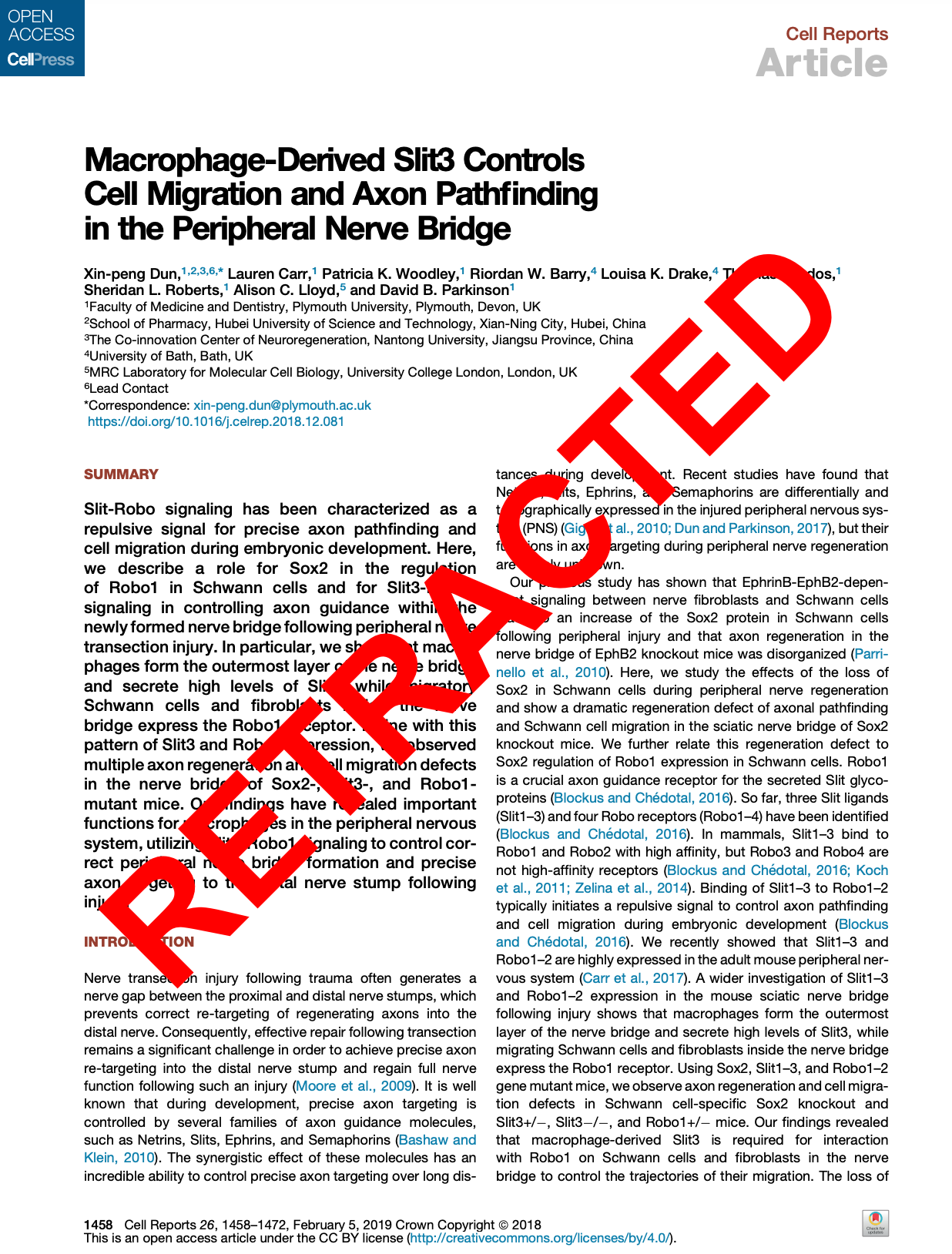
The paper's retraction statement states that the lead author has verbally and in writing admitted to fabricating data unknown to the other authors and accepts full responsibility for the fabrication.
On May 5, 2023, Cell Reports, a sub-journal of the international academic journal Cell, issued a retraction statement stating that the authors withdrew an article titled "Great Macrophage-Derived Slit3 Controls Cell Migration and Axon Pathfinding in the Peripheral Nerve Bridge" research paper.
The retraction statement stated that the aforementioned paper had been withdrawn at the request of the authors. The paper reports the role of Slit-Robo signaling in controlling axon guidance during peripheral nerve regeneration. The first author admits orally and in writing to the fabrication of data unknown to the other authors and takes full responsibility for this fabrication. The authors began their investigation of the data and research process in the paper, based on reports from the scientific community. Their investigation concluded that the data in the K panel and O panel of Figure 2 in the paper were falsified. Among them, the image of Robo2 of the K panel is reproduced from another paper by the first author (Figure 12 of Carr et al., 2017, PLoS ONE 12, e0172736, https://doi.org/10.1371/journal. pone.0172736). Data in panels O are from other PCR experiments. Although the authors have repeated and confirmed the O-panel data, given the current circumstances, they believe that the most responsible course of action is to withdraw the paper. The authors sincerely apologize to the scientific community for the inconvenience caused by the publication and retraction of this paper.
The papers involved were published online on February 5, 2019. The paper shows that Xin-peng Dun (Xin-peng Dun) is the first author and corresponding author of the paper, and its signature units are the School of Medicine and Dentistry of Plymouth University in Devon, England, and the Hubei University of Science and Technology in Xianning, Hubei Province School of Pharmacy and Nantong University Collaborative Innovation Center for Nerve Regeneration in Nantong, Jiangsu Province.
Authors on the paper also include Lauren Carr, Patricia K Woodley, Riordan W Barry, Louisa K Drake, Thomas Mindos, Sheridan L Roberts, Alison C Lloyd, David B Parkinson.
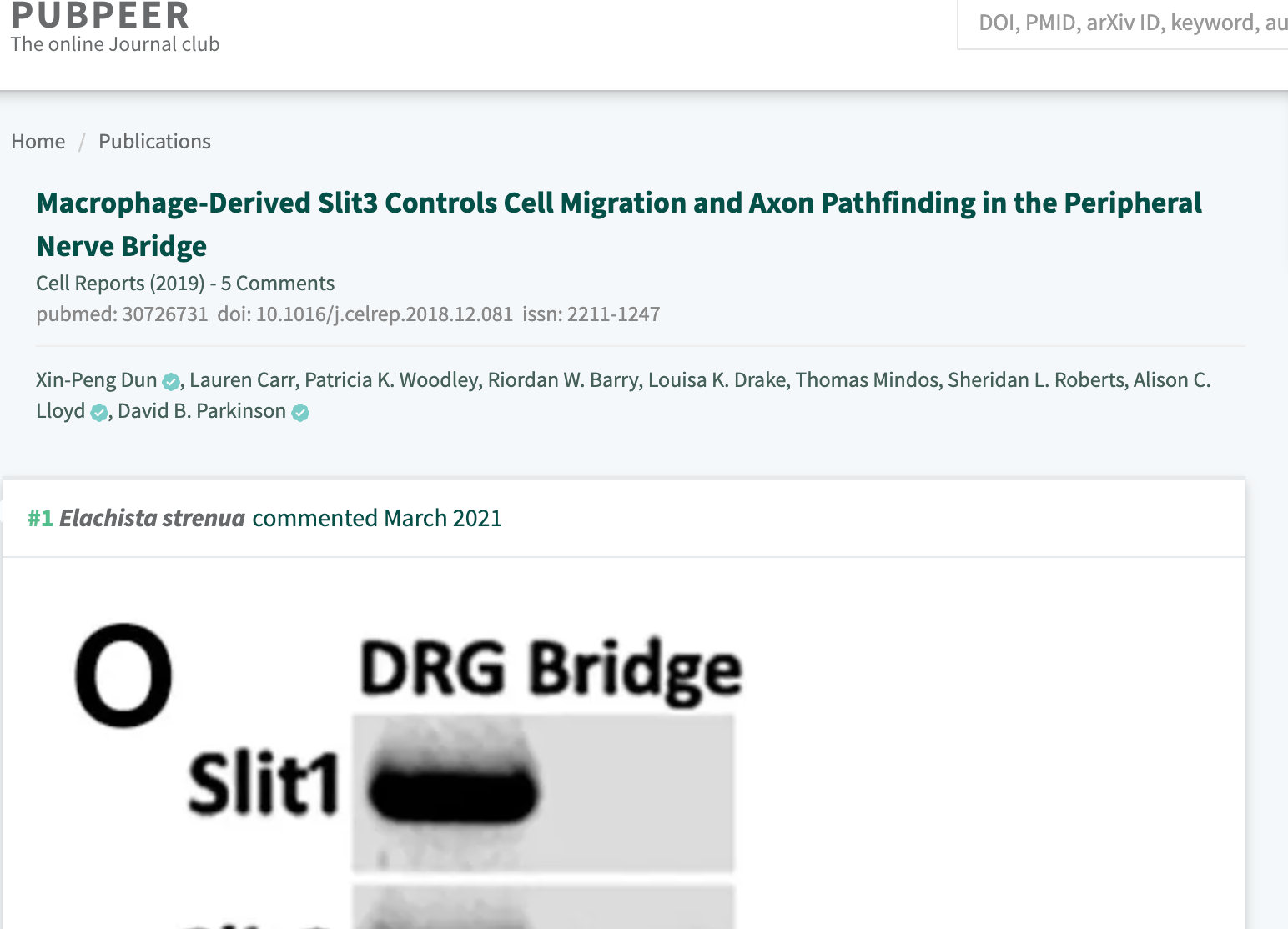
In July 2022, the signed author of the aforementioned paper, David B. Parkinson from the School of Medicine and Dentistry of the University of Plymouth, responded that after a long period of consultation with the journal, he decided to withdraw the paper and would, with the consent of all authors, The download will be completed soon.
According to PubPeer, a review website after the publication of the paper, two years after the publication of the aforementioned paper, from March 2021 to July 2022, three netizens successively posted comments, expressing doubts about the image data in the paper. The user Thailandadopsis tenuis commented in March 2021 that the image K panel in the paper is suspected of reusing images from previously published papers.
Subsequently, in July 2022, David B. Parkinson, the author of the above-mentioned paper, from the School of Medicine and Dentistry of the University of Plymouth, responded by commenting, "Thanks for the relevant reminder to bring this matter to our attention. The University conducted an investigation and the relevant personnel Action was taken. However, the data in panel O of Figure 2 were repeated by another researcher and exhibited the same expression pattern. After lengthy consultations with the journal, it was decided to withdraw the paper and will be reviewed by all authors It will be completed soon if agreed.”

The paper was retracted on May 5, 2023, four years after publication, after it was found to have fabricated data.
According to the aforementioned research paper, its findings revealed an important function of macrophages in the peripheral nervous system - the use of Slit3-Robo1 signaling to control the correct formation of peripheral nerve bridges and the precise targeting of axons to distal nerve stumps after injury . But the paper was retracted on May 5, 2023, four years after it was published, after it was found to have fabricated the data.
The relevant website of the National Natural Science Foundation of China shows that in 2013, Dun Xinpeng, as the project leader, and Hubei Institute of Science and Technology as the supporting unit, received the general project funding of the National Natural Science Foundation of China, with a "direct cost of 700,000 yuan". The project name is "Slit -Robo signal transduction pathway on the repair mechanism of peripheral nerve injury". But the webpage did not disclose more information.
The "2009-2013 List of National Natural Science Foundation of China Projects for the School of Pharmacy of Hubei University of Science and Technology" published on the official website of the School of Pharmacy of Hubei University of Science and Technology shows that the "starting period" of the above-mentioned projects in charge of Dun Xinpeng is from 2013 to 2016.
A lecture announcement published on the relevant website of South-Central University for Nationalities in 2019 stated, "Dun Xinpeng graduated from the School of Life Science and Technology of Huazhong University of Science and Technology in 2005 with a doctorate in biomedical engineering. As a postdoctoral fellow at Bell College of Medicine, he is mainly engaged in the research on the intracellular mechanism of neuropeptide Glalnin receptor activation."
A 2015 lecture announcement on the relevant website of Hubei University of Science and Technology stated that "Dr. Dun Xinpeng (Researcher at the University of Plymouth School of Medicine in the UK)" "Dr. University of Plymouth School of Medicine, UK as a postdoctoral fellow, and employed as a researcher at the School of Medicine, University of Plymouth, UK, and a distinguished professor at the School of Pharmacy, Hubei University of Science and Technology. During the doctoral degree, the bioactive polypeptide-Aglycin was successfully isolated and identified, and the role of Aglycin in regulating blood sugar metabolism was systematically studied Mechanism. After being hired as a researcher at the University of Plymouth School of Medicine in the UK, he took the lead in researching the mechanism of nerve growth directing factor on the repair of peripheral nerves after injury and combined it with artificial synthetic nerve conduits for clinical nerve repair. Recent research on neuropeptides Vasoactive intestinal peptide and pituitary adenylate cyclase-activating polypeptide have been successfully used in the clinical treatment of acute and chronic inflammatory demyelinating polyneuropathy. In neuron migration, application of Schwann stem cells, neurodegenerative diseases Outstanding research results have been obtained on the mechanism and occurrence of myelinoma."
At present, the official website of the University of Plymouth in the United Kingdom has not been able to find the employment information of Dun Xinpeng. The two remaining scientific research progress reports were released on August 9, 2017 and February 6, 2019, respectively. The latter official press release is the result of research on the aforementioned retracted paper. In the aforementioned press release, "lead author Dr Xinpeng Dun from the University of Plymouth's Institute of Translational and Stratified Medicine (ITSMed) explained: 'Peripheral nerve injury is a huge clinical challenge in healthcare. Tens of thousands of people suffer from peripheral nerve injuries – our work has the exciting potential to help patients improve outcomes from such injuries... See the critical and novel role of macrophages and how the Slit3 it produces controls cell migration and The 'wayfinding' of the axons in the peripheral nerve bridge is really interesting."
At present, the latest paper signed by Dun Xinpeng through public inquiries was published on December 8, 2021, with Dun Xinpeng as the corresponding author. The paper was published online in the international academic journal Frontiers in Cellular Neuroscience. Dun Xinpeng's signature units are the School of Pharmacy, Hubei University of Science and Technology and the Collaborative Innovation Center for Nerve Regeneration of Nantong University.
At present, on the relevant webpages of the School of Pharmacy, Hubei University of Science and Technology and the Collaborative Innovation Center for Nerve Regeneration, Nantong University, there is no information about Dun Xinpeng's employment.
Links to related papers:
https://www.cell.com/cell-reports/fulltext/S2211-1247(18)32041-2?_returnURL=https%3A%2F%2Flinkinghub.elsevier.com%2Fretrieve%2Fpii%2FS2211124718320412%3Fshowall%3Dtrue# %20
Retraction instructions:
https://www.cell.com/cell-reports/fulltext/S2211-1247(23)00528-4?_returnURL=https%3A%2F%2Flinkinghub.elsevier.com%2Fretrieve%2Fpii%2FS2211124723005284%3Fshowall%3Dtrue
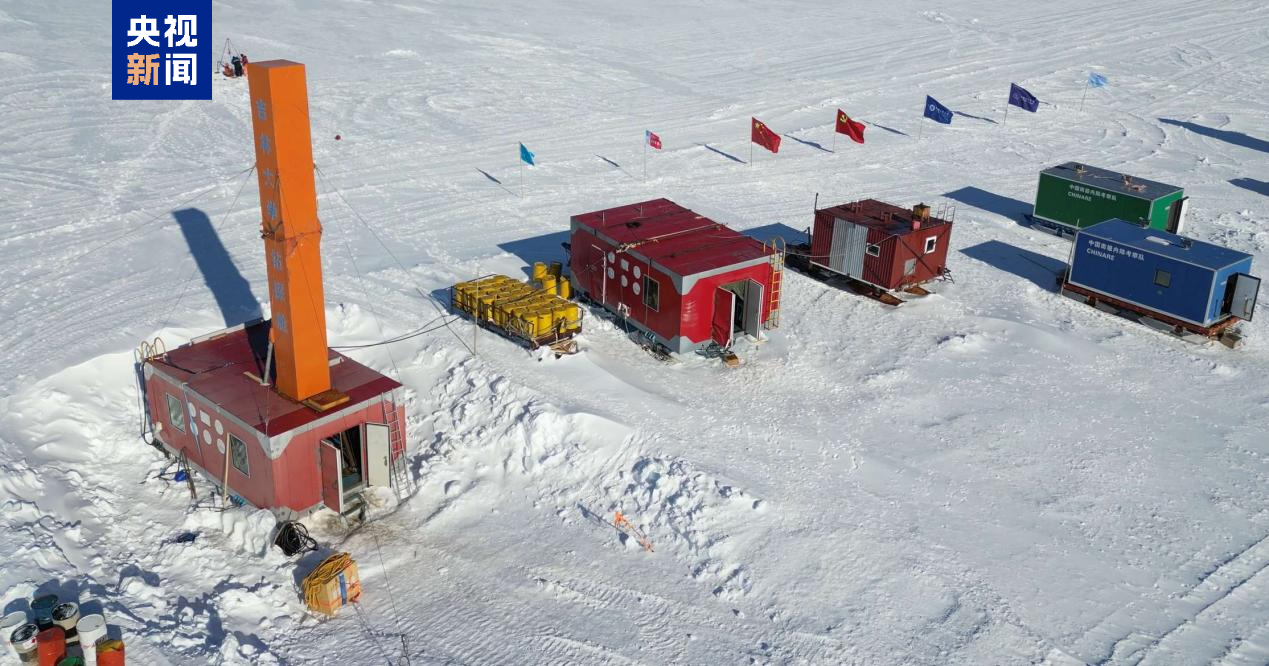
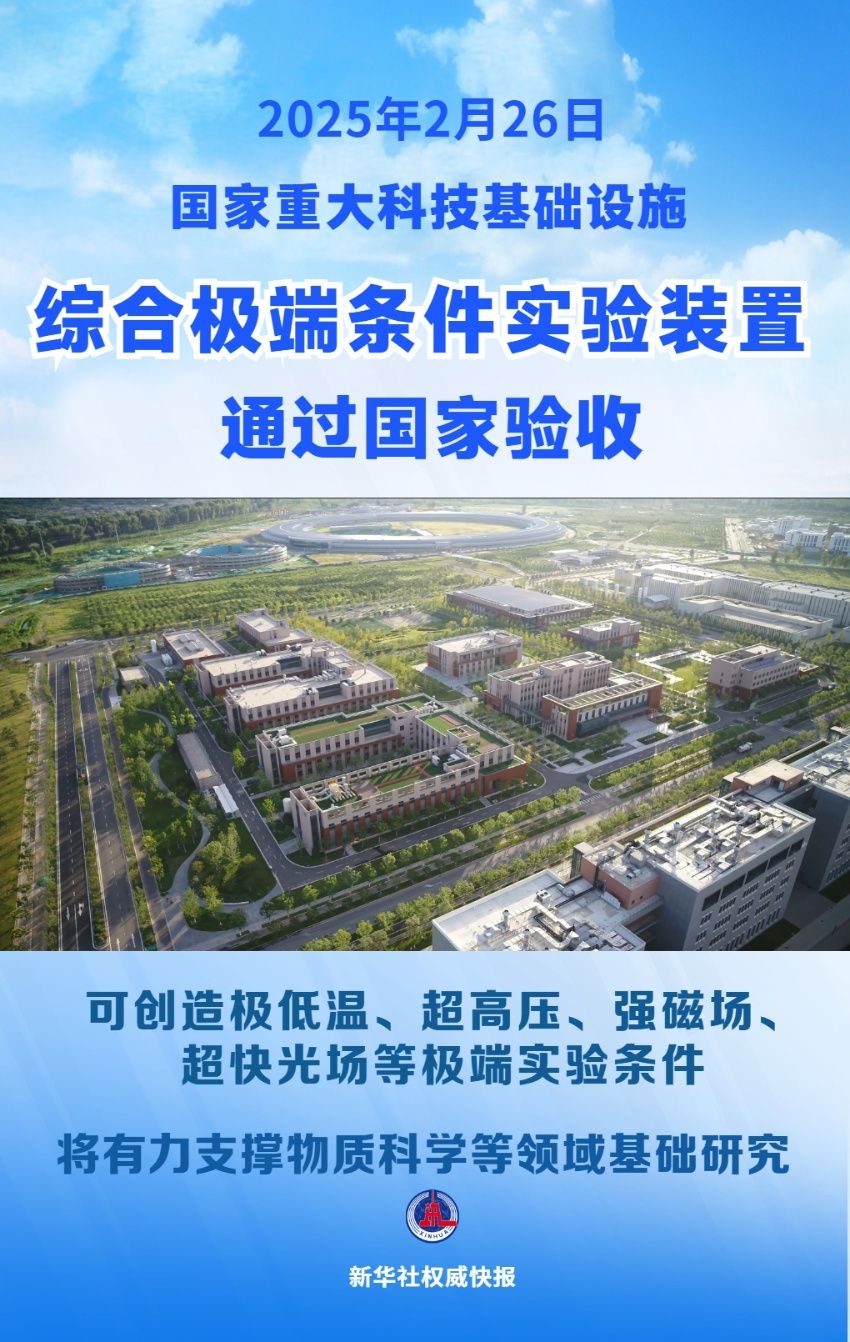
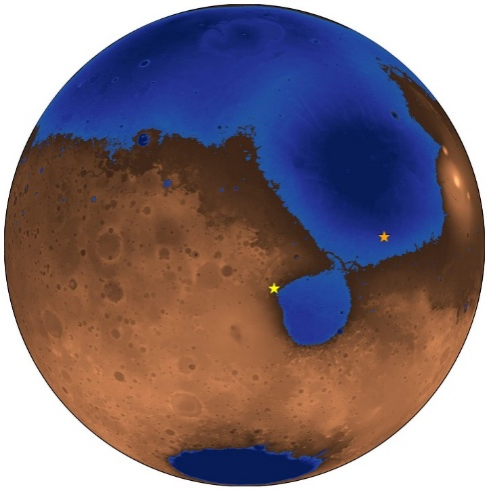
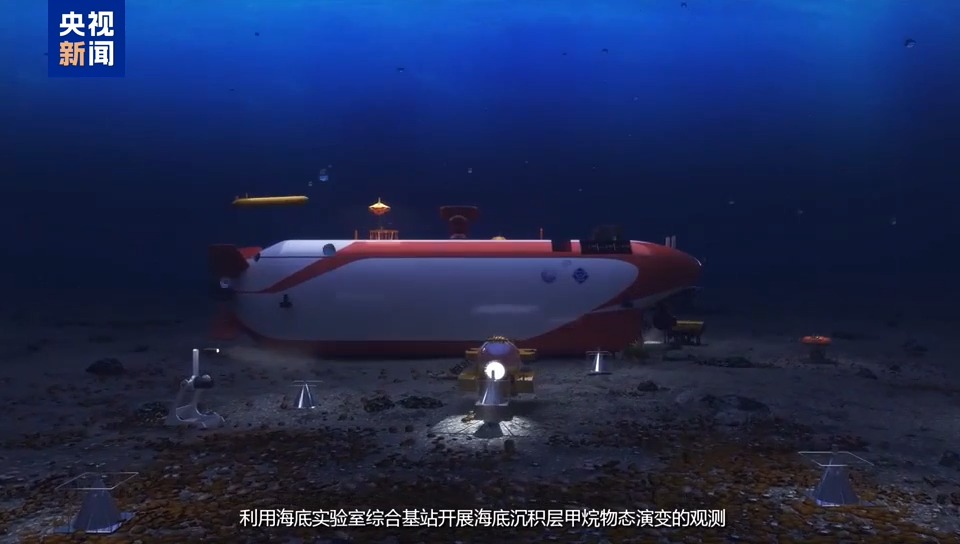
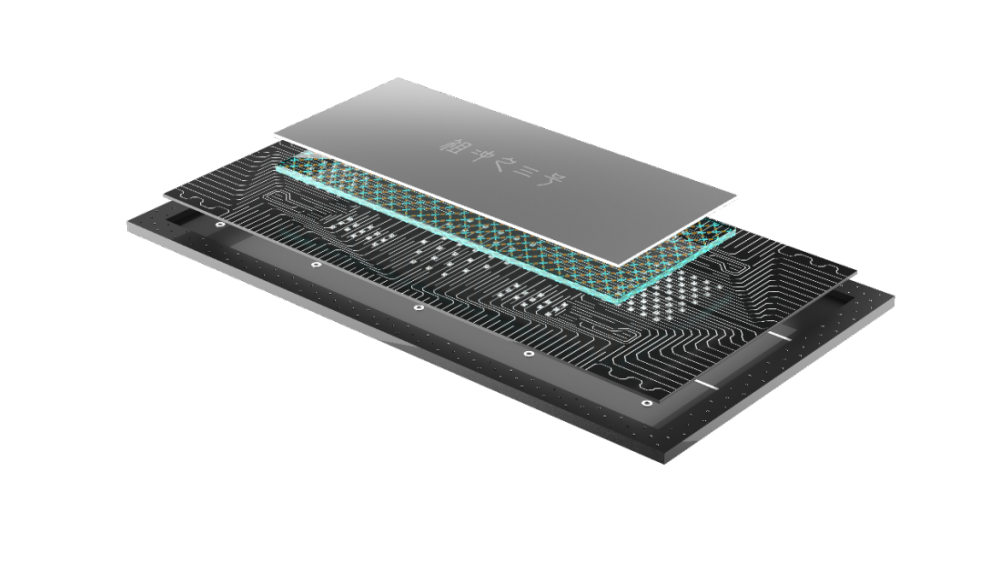


Comments